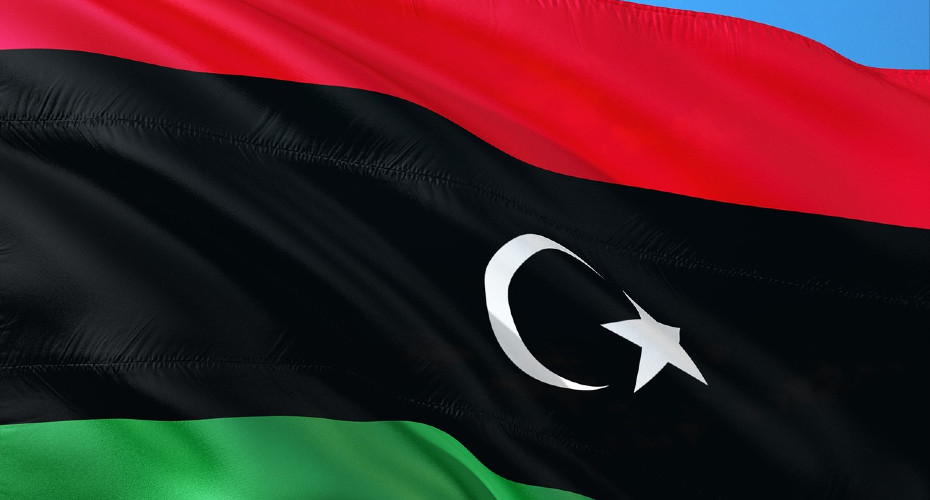Key to solving Libyan conflict lies within the country, analysis says

In Libya there has been revolution, international military intervention, and civil war since 2011
The key to solving the Libyan political conflict lies within the country rather than with the international community, analysis says.
Electoral and governance deadlock has been blamed for the devastating impact of the flooding in the country.
The “contentment” of the political elite and others with the status quo – given the currently limited levels of violence and the rising global prices of energy since the outbreak of Russia’s war on Ukraine – explains the general lack of a genuine commitment to relaunch the transition and electoral roadmap, according to Dr Irene Fernández-Molina from the University of Exeter
But profound domestic recognition and social contract issues will affect any future rebuilding, conflict settlement and Libyan government, as shown by protests by disgruntled Libyan youth across the country in the summer of 2022.
Dr Fernández-Molina says the EU’s efforts in the coming months should focus on ensuring intra-EU and broader international political unity in Libya. Any national reconciliation conference for Libya hosted by the African Union should also receive strong EU backing. Those with power should work to ensure neglected Libyan youth and civil society get a dialogue.
Dr Fernández-Molina said: “The international community has learnt only half of the lessons from the past decade of Libyan government splits and international recognition dilemmas. The problem of the now-embraced inclusivity is that it remains partial and vulnerable to hijacking from members of the Libyan political elite who have little interest in a successful transition. Overcoming this catch-22 situation is certainly not easy, but in any case, the only way ahead hangs on democratic elections.”
Libya is yet to see the light at the end of the tunnel of protracted turmoil and intermittent civil war. Since the suspension of parliamentary and presidential elections in December 2021 the country has seen two parallel cabinets are operating again in Tripolitania, in the West, and Cyrenaica/Barqa, in the East, with the ensuing increased risk of return to violent conflict.
Over the past 12 years, Libya has gone through the overlapping upheavals of revolution, international military intervention and civil war as well as relatively quieter interludes devoted to stabilisation, political transition, security sector reform and state-building attempts. The analysis says at no time have the latter efforts resulted in a sustainable conflict settlement. The failure of conflict resolution has been conspicuously associated with recurring authority splits and contests about international recognition.
Dr Fernández-Molina said: “Rather than acting at the initiative or on behalf of regional or global powers, those with power in Libya played a key role in internationalising the conflict by soliciting and manipulating foreign support for their own interests and agendas. Their autonomy has been preserved and reinforced thanks to the persisting rentier nature of the Libyan state and its institutional bits and pieces. Oil and oil revenues managed by the Central Bank of Libya have kept flowing even in the shakiest conditions to all sorts of (para)state and double-hatted local actors.
“Rather than pigeonholing the country into the problematic category of failed states, the outcome of Libya’s deepening fragmentation may be better understood as the consolidation of multiple areas of limited statehood.”



